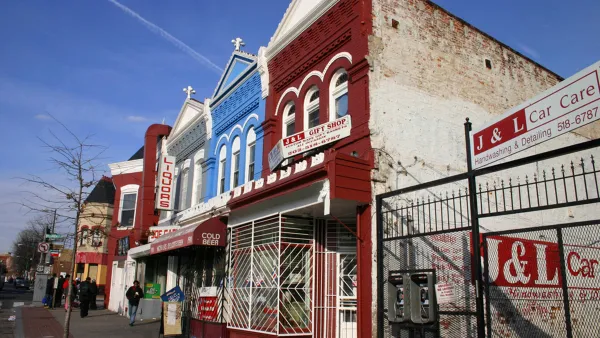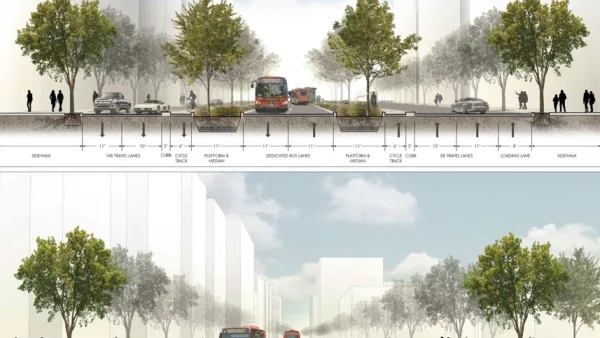Yes, planners have expertise to share, but according to this rather pointed critique, they also sometimes forget that other people do too.

Samuel Stein pens a scathing critique of the contemporary planning discussion, taking planners and other urbanists to task for "plansplaining," which is a riff on the term "mansplaining." Here, Stein defines the practice and identifies the practitioners:
From libertarian “market urbanist” types, we hear that that increasing the housing supply will drive down costs for everyone. From liberal “smart growth” advocates, we hear that including small numbers of quasi-affordable apartments in large scale developments is the best path towards integration and equity. Both sides, however, are telling residents: shut up. We’ve got this.
This is “plansplaining,” or the way planners talk down to residents as if they simply don’t understand the facts, when in reality those “facts” constitute their very lives. It’s the way some planners use their professional expertise as a cudgel against other forms of knowledge when those other perspectives go against prevailing orthodoxy, the politics of the day, or, most importantly, real estate profits.
So, yes: scathing. Stein's critique continues to comparisons of modernist city planners like Moses and Le Corbusier vis-à-vis Jane Jacobs, and calls for planners to head the wisdom of the people who know the city best.
There’s a reason working class New Yorkers get nervous when planners show up and promise big benefits from new development. For years, planners have been telling residents that stoking the market will somehow benefit them too—that allowing developers to build big, expensive, private buildings will translate into lower rents and higher quality of life. It never happens, and instead leads to gentrification and displacement. That’s why communities all over this city—the South Bronx, Chinatown, Long Island City, East New York, Staten Island’s North Shore and beyond—are up in arms about rezonings.
Stein's conclusion calls on planners not to abandon their work and keep their mouths, but "they must drop the presumption that they can explain the city to those who know it intimately."
FULL STORY: As They Rally Around Rezonings, Planners Often ‘Plansplain’

Analysis: Cybertruck Fatality Rate Far Exceeds That of Ford Pinto
The Tesla Cybertruck was recalled seven times last year.

National Parks Layoffs Will Cause Communities to Lose Billions
Thousands of essential park workers were laid off this week, just before the busy spring break season.

Retro-silient?: America’s First “Eco-burb,” The Woodlands Turns 50
A master-planned community north of Houston offers lessons on green infrastructure and resilient design, but falls short of its founder’s lofty affordability and walkability goals.

Test News Post 1
This is a summary

Analysis: Cybertruck Fatality Rate Far Exceeds That of Ford Pinto
The Tesla Cybertruck was recalled seven times last year.

Test News Headline 46
Test for the image on the front page.
Urban Design for Planners 1: Software Tools
This six-course series explores essential urban design concepts using open source software and equips planners with the tools they need to participate fully in the urban design process.
Planning for Universal Design
Learn the tools for implementing Universal Design in planning regulations.
EMC Planning Group, Inc.
Planetizen
Planetizen
Mpact (formerly Rail~Volution)
Great Falls Development Authority, Inc.
HUDs Office of Policy Development and Research
NYU Wagner Graduate School of Public Service




























